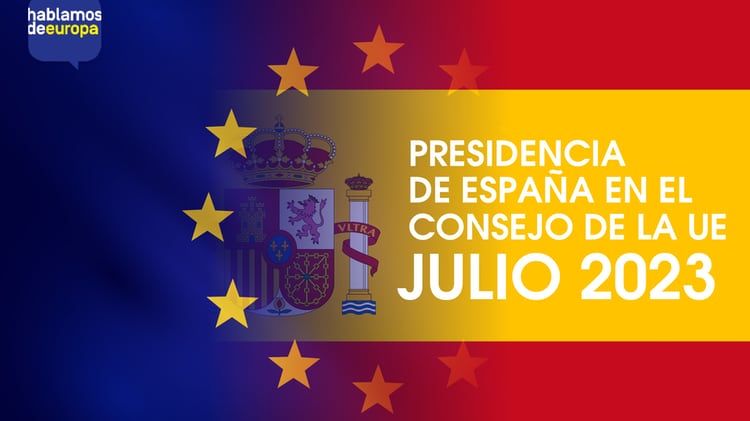The Diplomat
Gneral elections advance to 23 July has caused surprise, not only at national level, but also in European embassies, which are expectant about the repercussions this could have for the six-month Spanish Presidency of the European Union.
Several ambassadors accredited in Madrid consulted by The Diplomat did not hide their concern over the possibility that the election campaign and the formation of the new government after the elections will mean that Spain will pay less attention to the tasks of the Presidency.
Thus, they believe that the attention of Moncloa and the vast majority of its ministries will be focused on preparing for the general elections, whose campaign will open on 7 July, just one week after Spain takes over the presidency.
Furthermore, in the midst of the campaign, some appointments have been set, such as the presence of the President of the Government, Pedro Sánchez, at the plenary session of the European Parliament in Strasbourg to talk about the priorities of the Presidency. The appearance is scheduled for the 13th, and also, from the 17th to the 21st, the government ministers are expected to go to Brussels to present their departments.
The European Union-Latin America and Caribbean Summit, which has not been held since 2015 and whose recovery is one of the main objectives of the Spanish Presidency, is also scheduled for the 17th and 18th in the EU capital.
Although much of the work will be carried out at a technical and organisational level by Spanish officials, ambassadors fear that, when it comes to making political decisions, the president and his government will be more focused on the search for votes for the elections than on the smooth running of the EU meetings.
Concern is heightened because in the months following the general elections, they are convinced that politicians’ attention will be focused on achieving sufficient support to govern. And if the results were to lead to a PP government, there is no doubt that the focus on the formation of new teams would be even greater.
For all these reasons, ambassadors are expressing their concern to their interlocutors in the executive, mainly those responsible for the European dossier in the Ministry of Foreign Affairs.
In any case, they are all aware that the role of the rotating EU presidencies is not the same now as it was before the creation of the permanent president of the European Council, who is the person on whom most of the work falls.
For this reason, despite this concern, there is no alarm in the European capitals or fear that the coincidence with the general elections will prevent the decisions that need to be taken from being adopted, especially on migration or energy issues.







